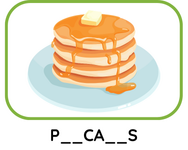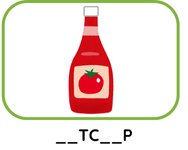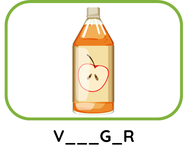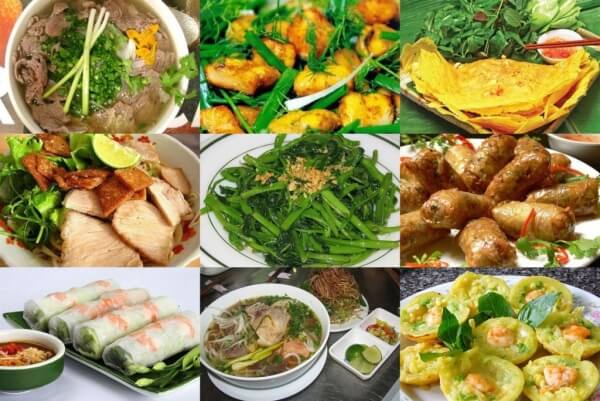Ôn luyện Từ vựng thi vào 10 số 46: Remembering the past (Set 1)
4/1/2024 6:00:00 AMHãy cùng học các từ vựng thuộc chủ điểm Remembering the past (Set 1) ngay nhé!
Nhấn ᐸ / ᐳ để chuyển sang từ khác và 🔊 để nghe phát âm.
Bạn nên đọc kĩ nghĩa, ví dụ và nghe phát âm của tất cả các từ vựng trước khi nhấn "Next" để chuyển sang luyện tập ở mức nhận biết.
Hãy cùng luyện tập các từ vựng bạn vừa học nhé!
(Nhấn "Next" để chuyển sang các bài tập tiếp theo.)
Drag and drop to complete the sentences.
1. The is not just food but a symbol of our cultural values.
2. During the , people wore traditional costumes to celebrate.
3. Years ago, I had the chance to learn how to make fabric in the local .
4. In the past, villagers gathered at the to discuss important events.
Complete the sentences, using the hints given.
 |
My family used to cook over an open fire or in a cast-iron skillet. |
 |
Many years ago, small street vendors sold from wooden carts. |
 |
My grandmother told me that they made homemade before bottled versions were common. |
 |
My grandmother told me that in the past, people used to preserve vegetables. |
As a child, I loved _____ the traditional dances at the cultural festival.
- taking place
- taking note
- taking part in
- taking my time
Although times have changed, we still _____ many of the same traditions as our ancestors.
- celebrate
- achieve
- found
- predict
In my family, stories of the past are shared to educate the younger _____.
- monument
- government
- opportunity
- generation
The _____ of our country was first created by farmers who used simple, natural ingredients.
- foreign market
- national dish
- tribal dance
- cultural festival
My mother often tells stories about her ______ childhood in the countryside because the family couldn't afford shoes.
- communal
- stylish
- barefoot
- religious
My grandmother taught me the _____ skills of sewing, a craft she learned from her own mother.
- religious
- mental
- basic
- barefoot
I remember _____ to school as a child and the soil road was cold beneath my feet.
- walking barefoot
- gaining weight
- reducing stress
- staying up late
Today, young people often enjoy traditional food through _____ instead of preparing it themselves.
- takeaways
- friendships
- adventures
- chemicals
During festivals, people gathered at the _____ hall to share stories and songs.
- affordable
- scientific
- visible
- communal
The storm _____ the roof of the community hall, where we used to hold celebrations.
- rebuilt
- recognized
- minimised
- damaged
Choose the word(s) CLOSEST in meaning to the underlined word(s).
Traditional herbal medicine helped many people before modern treatments existed.
- damaged
- observed
- praised
- benefited
Choose the word(s) OPPOSITE in meaning to the underlined word(s).
My grandparents used basic tools to farm the land before machines were invented.
- second-hand
- complicated
- deep-rooted
- ancient
Complete the sentence by changing the form of the word in capitals.
My great-grandfather was a leader who taught people about traditional beliefs. (RELIGION)
Complete the sentence by changing the form of the word in capitals.
The workshop was more than just a place of work; it was a hub of social life for the women of the village. (WEAVE)
Drag and drop to complete the conversation.
Nam: Grandpa, what was life like during your childhood?
Grandpa: Oh, it was very different from today. I grew up in a small village without modern technology, but my still had many joyful moments.
Nam: How did you celebrate special occasions back then?
Grandpa: One of the most exciting times of the year was the . All the children would gather at the to make lanterns and prepare for the big night.
Nam: That sounds fun! What did you do during the festival?
Grandpa: At night, we through the village, carried our handmade lanterns, and sang traditional songs. It really us because it helped us feel connected to our culture and community.
Nam: I wish I could experience that!
Read the text and choose the best answer for each blank.

Keeping a nation's cuisine alive is crucial for maintaining its cultural identity. While convenience often leads people to choose , it's important to remember the value of cooking traditional dishes at home. Learning to cook these national dishes, even if it's just the recipes, allows us to connect with our culinary heritage. By cooking and sharing these national dishes with loved ones, we our traditions and ensure that they are passed down to future .